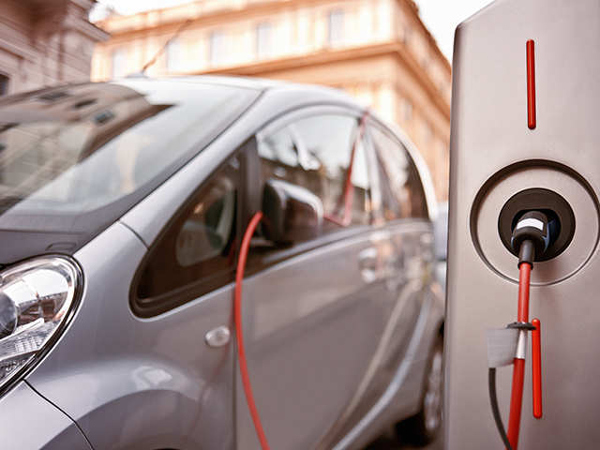According to a report by India Energy Storage Alliance, the electric vehicle (EV) segment in India is anticipated to reach 63 lakh per unit mark per year by 2027. According to the results of the study, which covers the current scenario and projection of the country’s electric vehicle (EV), EV battery and public charging infrastructure industry, the demand for batteries will also increase significantly over the same era.
‘The EV market is expected to expand at a CAGR of 44% between 2020 and 2027 and is forecasted to touch 6.34 million units of annual sales by 2027,’ the IESA report said. Similarly, annual demand for batteries is expected to increase by 32% to reach 50 GWh by 2027, with 40 plus GWh for lithium-ion batteries.
The estimated potential of the battery industry in 2019 is US$ 580 million and is expected to increase to US$ 14.9 billion by 2027.
In India, EV sales were 3.8 lakh units in 2019-20, and throughout the year, the EV battery demand remained at 5.4 GWh. Last fiscal year, electric two-wheelers were the top sellers in the entire category.
Low and medium-speed electric two-wheelers (up to 40 kmph) with traditional lead-acid batteries dominate the market, according to the survey. With more businesses gaining FAME-II certification in 2020, it is anticipated that sales of high-speed electric two-wheelers will increase rapidly.
The study elaborated on the electric bus industry, noting that vertical demand is expected to be driven by subsidy support from the central government due to high upfront costs.
In the future, expansion is likely to be dependent on feasibility and access to funding, it said. In addition, as many new markets, such as Raipur, Indore, Bhopal, opened last year, the electric e-rickshaw industry is anticipated for growth in the coming years.
In addition, in the coming years, the South and North East markets are also expected to open, the report said.
The industry estimates that the demand will expand very rapidly in the coming years, as several state governments intend to turn the current fleet of cars into electricity under their EV policies.
Source: IBEF
You may also like
-
Trade Connect E-platform For Exports Is Single Window, Fast, Accessible And Transformational: Shri Piyush Goyal
-
Dot Simplifies Approval Processes For Telecom Licenses And Wireless Equipment
-
Coal Production and Supply Trends on Positive Trajectory
-
Union Minister To Release Booklets On Promotion Of Indigenous Species & Conservation Of States Fishes
-
2nd India-Japan Finance Dialogue held in Tokyo on 6th September, 2024
